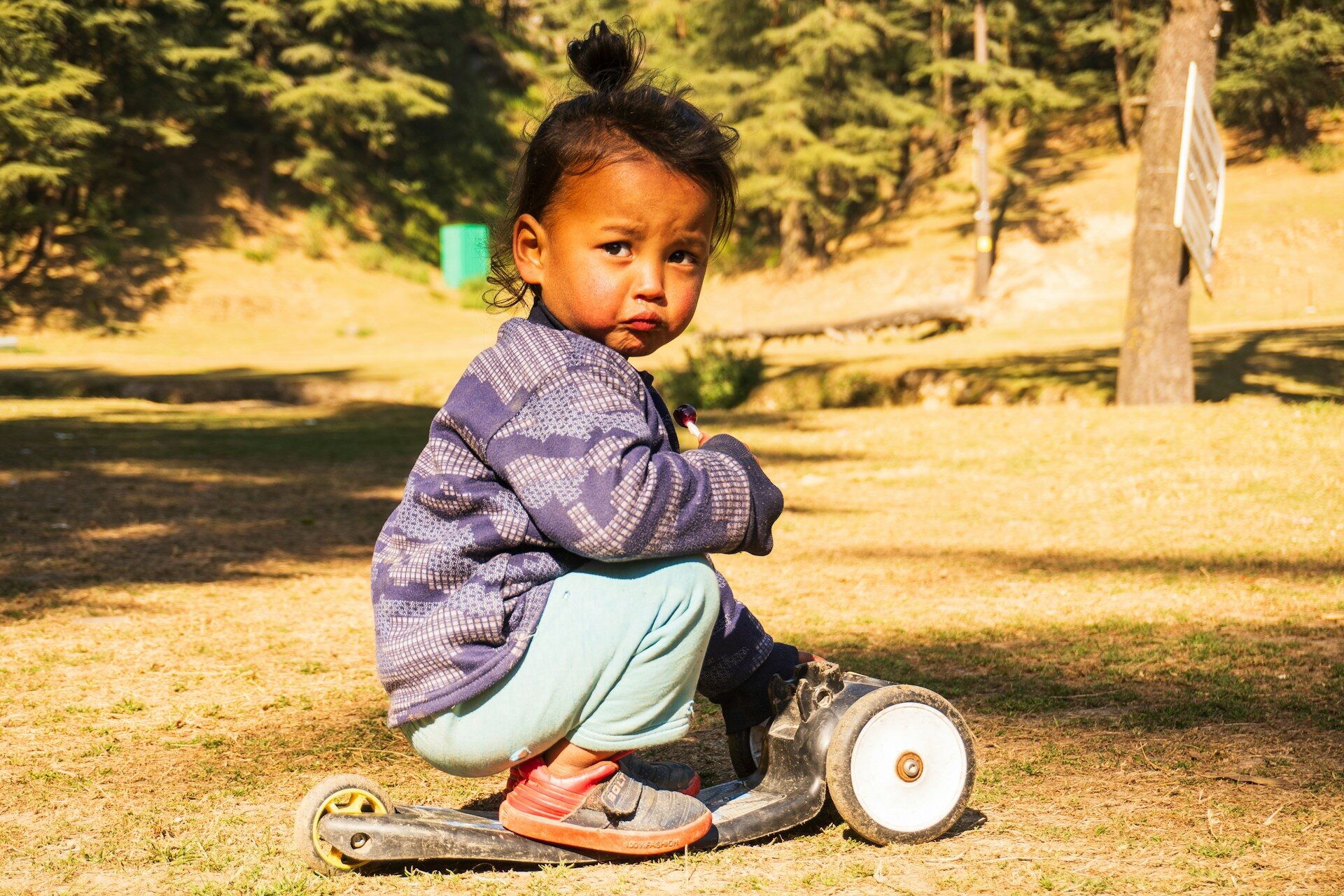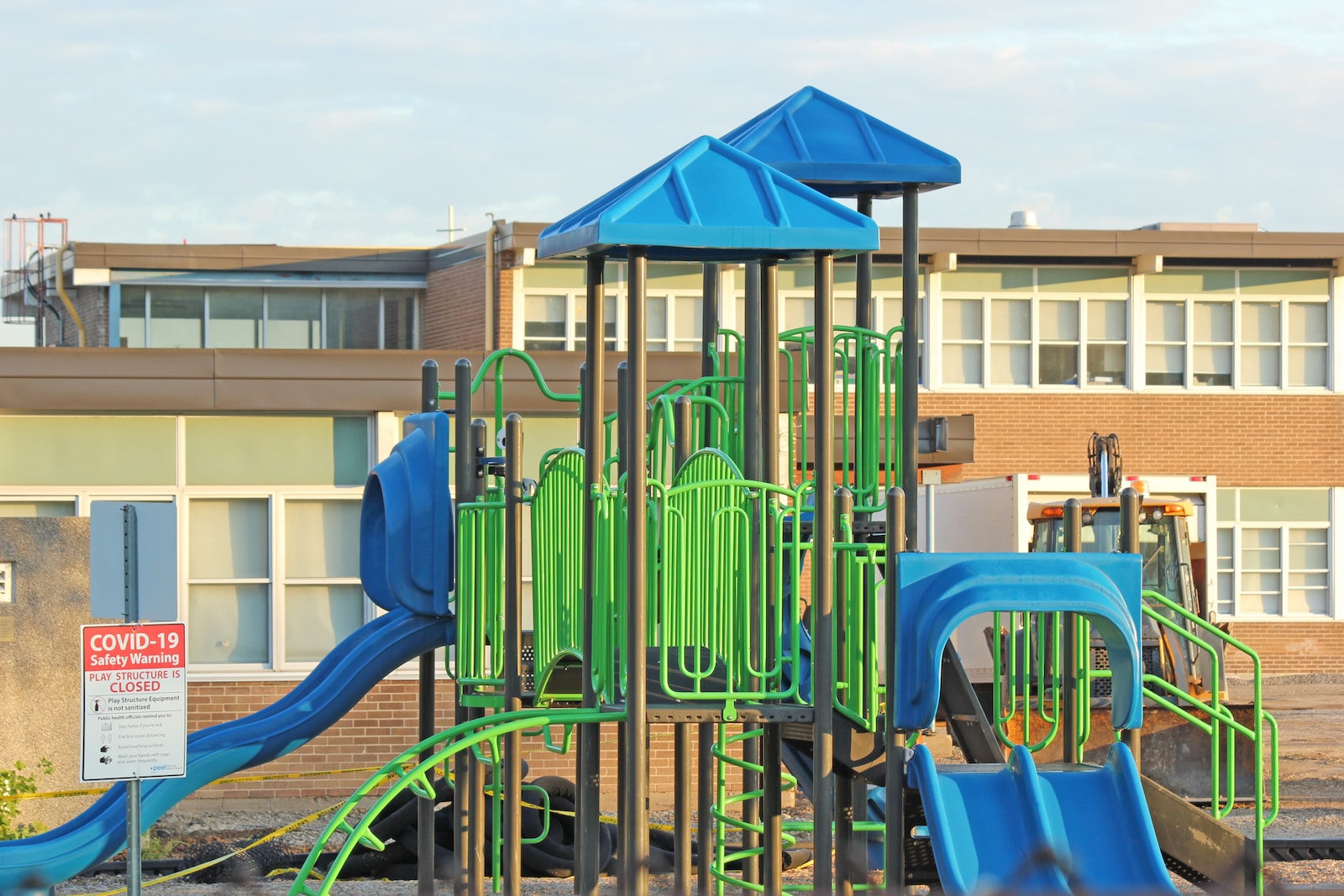Abstract
While play in its various forms is universally recognised as developmentally important, it is neither universally accessible nor inclusive. Examining different forms of play is crucial for decolonising our understanding of play – particularly formal play provisions. This paper addresses the challenge of accessing these spaces by following one family’s journey in Pune, India, from their home to a designed formal play space. It explores how play is intertwined with aspirations of a certain type of romanticised formal play, imagined lifestyles, and access. This discussion highlights how the design and accessibility of formal play spaces reflect the influence of colonial histories and neo-colonialism on the everyday lives of children.
Journal: Children’s Geographies
Year: 2024



